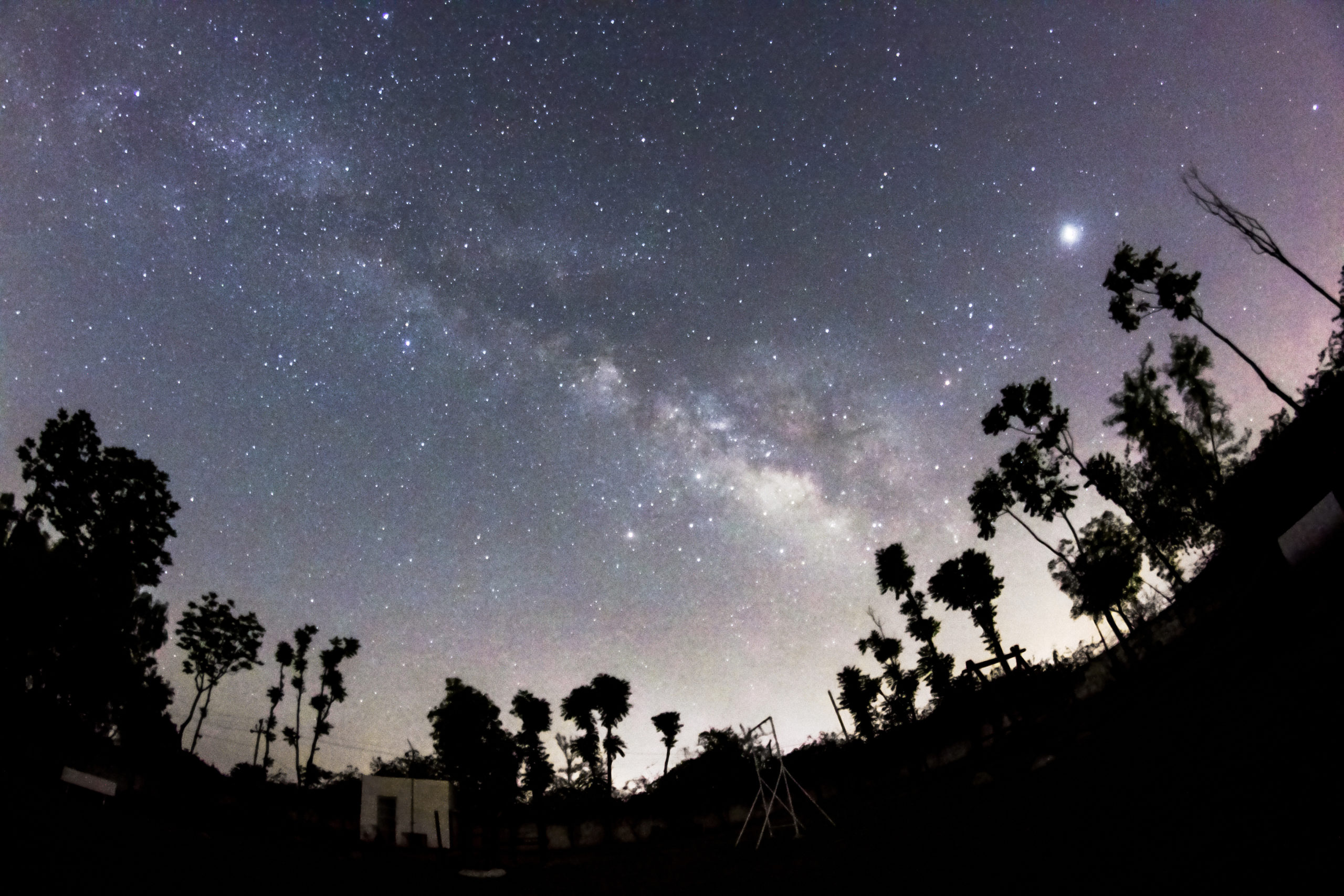messier marathon
Messier Marathon is an annual festival for amateur astronomers where they attempt to view all 110 Deep Space Objects categorised as Messier objects. The effort is made to view all the objects from sunset to sunrise in one single night using a manually operated telescopes only with the help of star maps and relying on their memories or their skills of map reading and translating. Messier Marathon is a fun event where observing all 110 objects is an achievement and even seasoned amateur astronomers sometimes fail to complete the list.
Messier’s List or Messier’s objects is a list of objects comprised by French Astronomer Charles Messier between 1709 till 1764. He was a comet chaser and has discovered 10 comets but while searching for these comets, he came across several objects which he mistakenly assumed as comets and started studying. Frustrated by stumbling upon comet looking objects which were not comets, he decided to catalogue these objects so that other comet hunters does not make the same mistake. Hence came his catalogue originally 104 objects (64 self observed, 40 in coordination with his colleagues) in the late 17th century. The list was later added with more objects which was believed to be observed by him but could not be catalogued due to his long illness.
The new Moon of the month of March/April are ideal for such an activity. The Sun covers that part of the sky which has no deep space objects. It means the Sun is not blocking any region in space which has a Messier object in the close vicinity. The first of the constellations to explore are Cassiopeia followed by Perseus and Taurus. The sky till the sunrise cover all 110 messier’s objects and hence people can have a wonderful and enjoyable race. Another reason for choosing the moonless sky is that the sky remains dark and free from natural light. It enables the amateurs in searching the objects from sunset and till sunrise. The second half of March is more favoured so if the new moon falls in the first half of March, one can wait till early April for the event.
As the preferred night for Messier Marathon is a new moon night in the month of March and April, We are organising two events for the same. You can register for both however due to COVID-19 restrictions, we will take limited entries for the same. Scroll down for day wise plan.
Equipment can be chosen from:
Manual Telescopes
- 6″(152mm) Dobsonian per two participants
- 8″ (203mm) Dobsonian per two participants.
- 25X100 Giant Binoculars
Day 1 – Friday
- 12:00 Arrival at campsite, check in
- 14:00 Lunch (Veg)
- 15:00 Welcome to Stargazing Arena, Site exploration and general briefing
- 17:00 Setting up of equipment with Hi-Tea
- 18:00 Distribution of the Messier’s Catalogue/Kit
- 18:15 Observation Starts
- 20:30 Dinner
- 21:30 Observation continues
- 23:30 Midnight Tea
Day 2 – Saturday
- 00:00 Observation continues
- 05:00 Cover the telescopes, observation ends
- 05:30 Bed time
- 09:30 Wake up
- 10:00 Breakfast
- 11:00 Free time. Indulge in adventure activities/rest in the room/explore the place.
- 14:00 Lunch
- 17:00 Hi-Tea, start your equipment & get ready.
- 17:30 Observation begins
- 20:30 Dinner
- 21:30 Observation continues
- 23:30 Midnight Tea
Day 2 – Sunday
- 00:00 Observation continues
- 05:00 pack the telescopes, observation ends
- 05:30 Bed time
- 09:30 Wake up*
- 10:00 Breakfast
- 11:00 Departure
- Astronomy Equipment and Expertise as per requirements and working in groups
- Accommodation in tents/Hotel rooms (as per booking) with washrooms and electricity on twin sharing basis.
- Breakfast ,Lunch, Dinner morning, Evening & Midnight Tea with snacks.
- Travel to and from the site (can be arranged at an added expense).
- Soft drinks, refreshments other than listed.
- Accommodation for driver/nanny/help is not included and will be charged as per actuals. You can arrange the same at the property.
- Swiss Tents/Hotel rooms with Western toilets and shower on twin sharing basis. You can check single occupancy at the time of booking and payment checkout.
- Hot water in the morning
- Restaurant for food and snacks order (3 meals a day included in the package)
- Adventure activities like wall climbing, trekking Zip-Line with experts at additional cost.
- Astronomy gear for visual observation with experts.
- Usually cold to very cold. Nights can be very cold in March and pleasantly cold in April. Carry heavy woollens with gloves, cap and woollen socks.
- Carry heavy woollens.
- Carry your camera, all accessories and tripod (optional)
- Carry your medicines, and other essential items
- Carry some snacks and chocolates for night munching.
Have a question? Ask us here!
Why Astro Nomad Life?
- Your safety and privacy is top priority.
- Experienced staff and team conducting the programs.
- Modern equipment with trained instructors
- Your comfort and convenience for stargazing
What You Get?
- Make your trips even more memorable.
- Use our equipment and enjoy the sky.
- Learn about the night sky and enjoy the views.
- Equipment to use and share.



